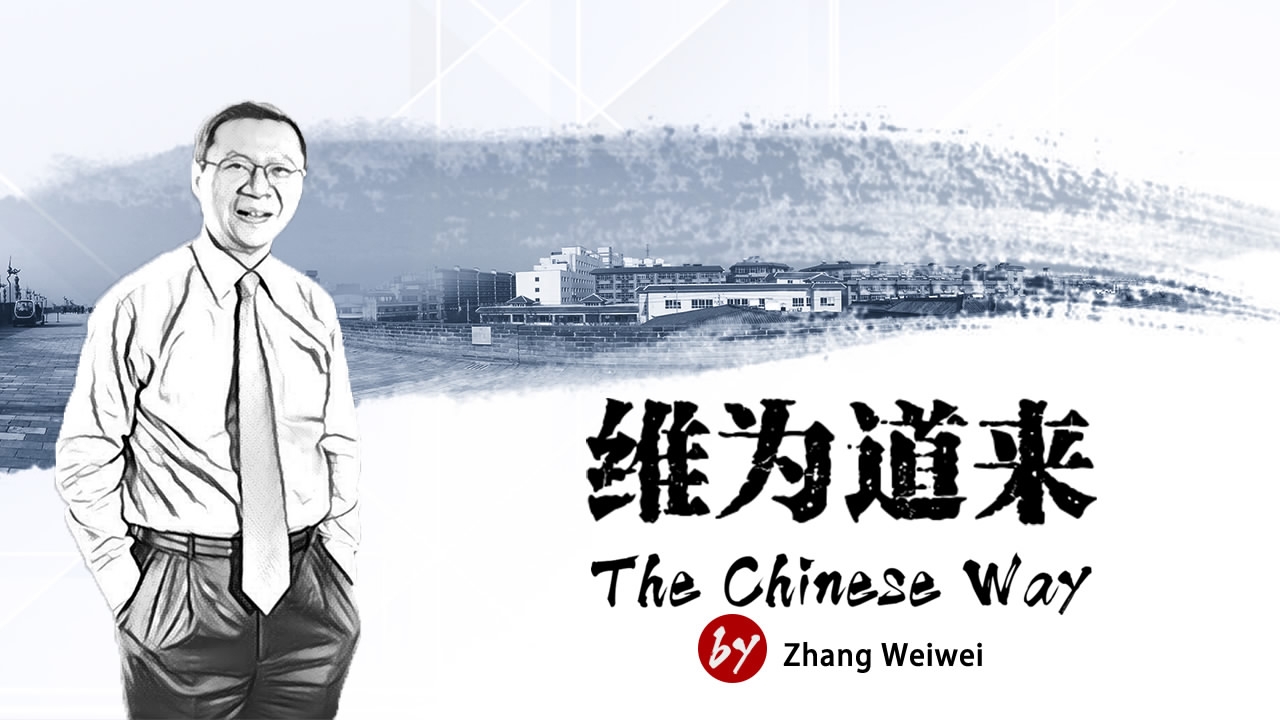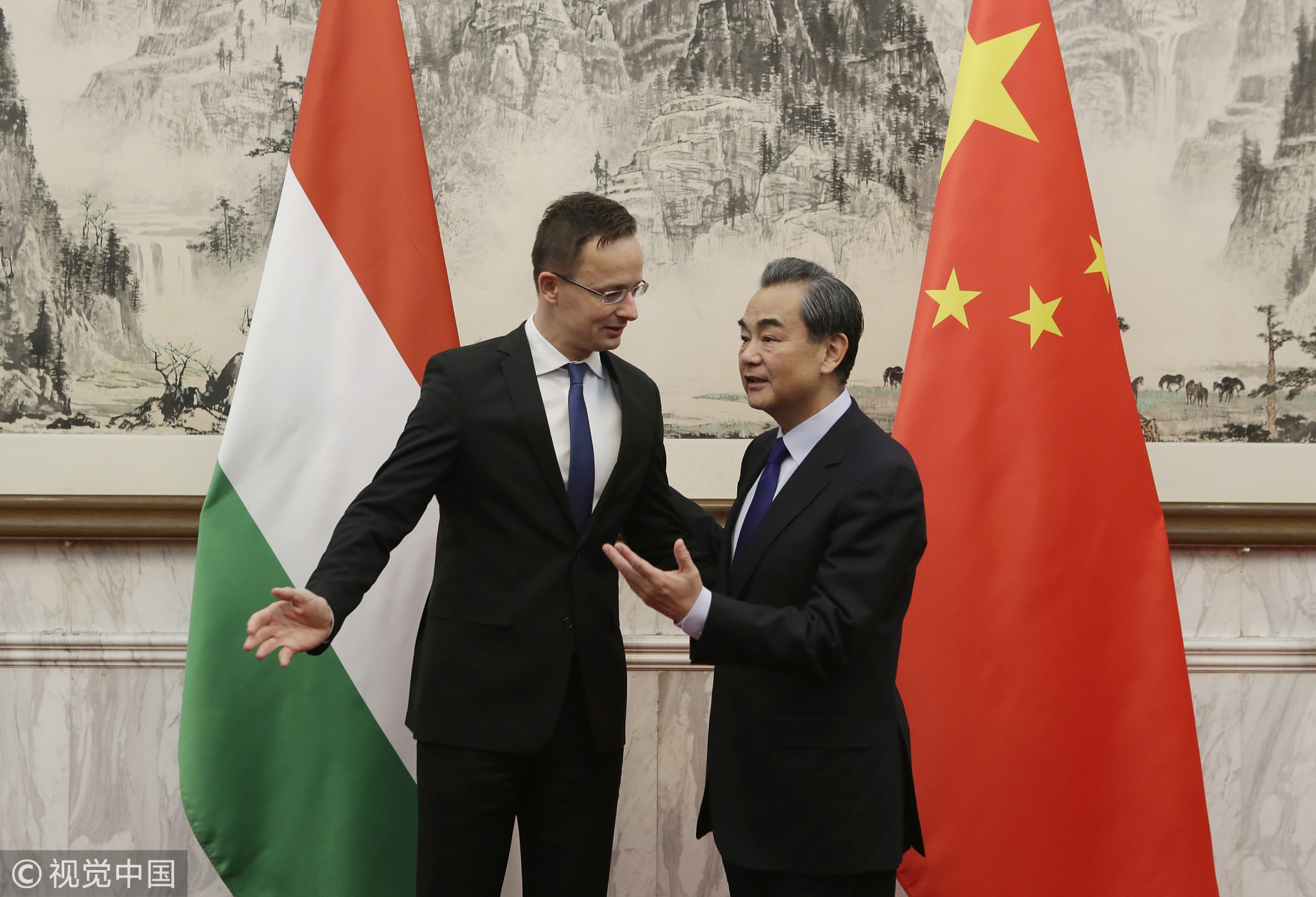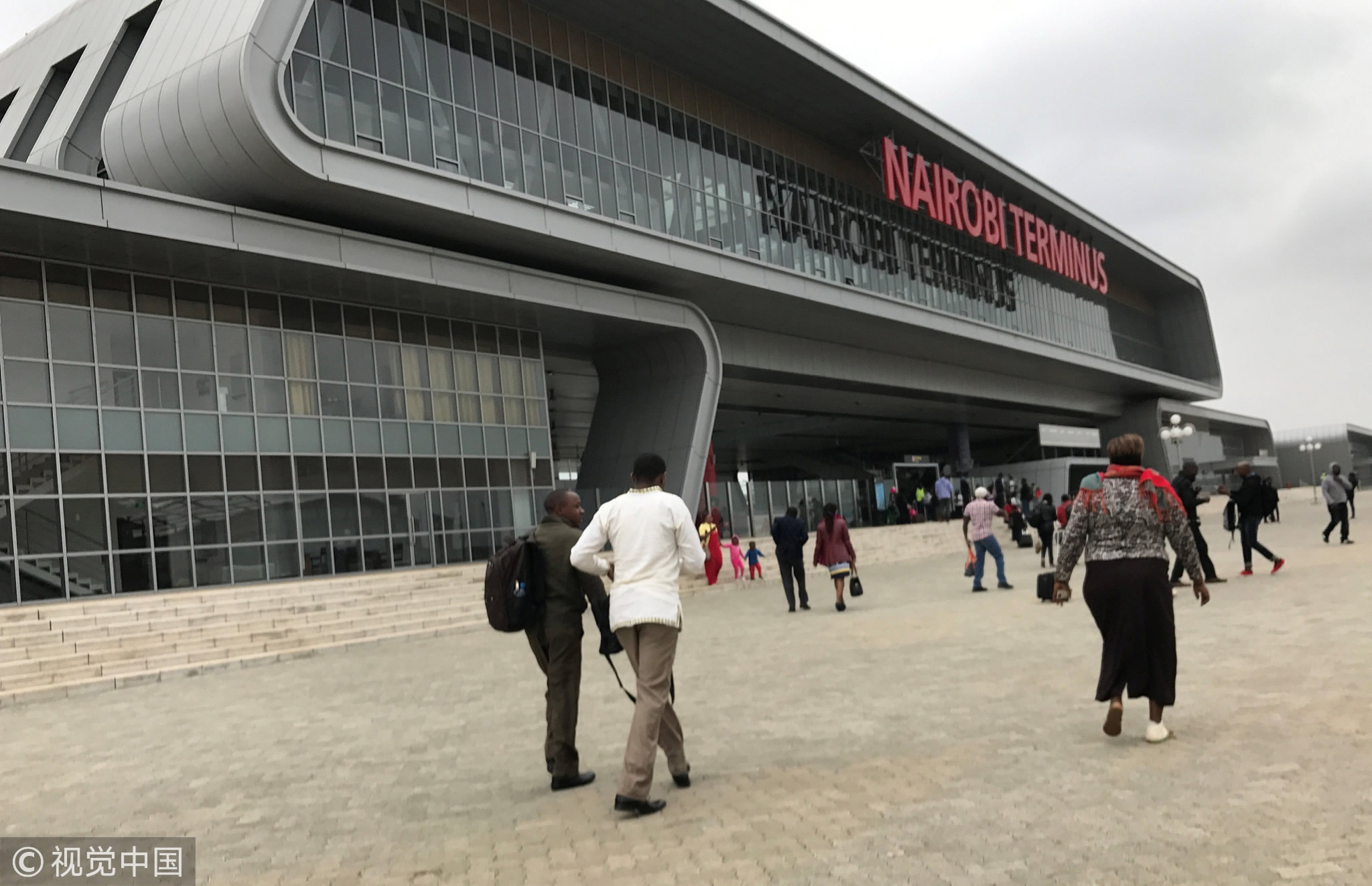
Opinions
15:19, 08-Mar-2018
Does Belt and Road Initiative challenge the world order?
Zhang Weiwei

Editor's Note: Zhang Weiwei is a Chinese professor of international relations at Fudan University, and a senior research fellow at the Chunqiu Institute. He is the author of The China Wave: Rise of a Civilizational State. The Chinese Way by Zhang Weiwei is a 10-part CGTN Digital series casting a critical eye over the governance of modern China. Professor Zhang identifies merits and flaws in the Chinese system and contrasts the China model with Western equivalents in a series of short films.
- The Chinese view of global governance can provide win-win results
- BRI can revive land-based networks and create unprecedented development opportunities
China’s Belt and Road Initiative is designed to revive trading networks through massive infrastructure investment. Scholar Zhang Weiwei argues that the project represents the Chinese view of inclusive global governance, and can be positive for the global economy and world peace.
China's Belt and Road Initiative has attracted a lot of attention worldwide.
It reminds me of three things, the first being the 1950 Schuman Plan in Europe.
As we all know, European history is full of wars. After the Second World War, French foreign minister Robert Schuman thought that it was time to end the unfortunate history of wars. His thinking was, in order to launch wars, you need coal and steel. So he proposed that major European powers like France and Germany, administer and operate coal and steel industries together – from manufacturing, to marketing and distribution.
I expect China’s Belt and Road Initiative to have a much greater impact on world peace and prosperity than the Schuman Plan in Europe.
- Zhang Weiwei
In 1951, six European countries, including France and Germany, signed a treaty to create the European Coal and Steel Community, which was the precursor to the EU. The EU is in deep trouble today, but we can’t deny that it has played a very positive role in preventing wars in Europe. Looking to the future, I expect China’s Belt and Road Initiative – given its size and scale – will have a much greater impact on world peace and prosperity than the Schuman Plan in Europe.
Second, since Christopher Columbus discovered – if I may still use this word – the Americas in 1492, European powers started their rise through colonization. The world also saw the rise of maritime and coastal regions and the decline of land-based trade networks, including the Silk Road. The West rose to world dominance through bloody wars in the following centuries, which also witnessed the rise of maritime and coastal areas that are still evident today, as all of the world’s developed regions remain distributed along the coastal areas with easy access to shipping and harbors.
The BRI will mean a rebalance of people, power and trade between the interior and the coasts, which will be positive for the world’s economy and for world peace.
- Zhang Weiwei
What does the Belt and Road Initiative mean for the world in this context? It is likely to revive development in the interior, as opposed to the coasts. Along the new Silk Road routes, there are over 60 countries and a total population of four to five billion people. If the concentration of people and trade on the coast gave rise to prosperity – however costly – for several hundreds of years, then a revival of land-based development may well generate a lasting impact on growth and an unprecedented level of opportunities for development for at least 30 to 50 years. It will also mean a rebalance of people, power and trade between the interior and the coasts, which will be positive for the world’s economy and for world peace.

Hungary's Minister for Foreign Affairs and Trade Peter Szijjarto (L) meets China's Foreign Minister Wang Yi ahead of the opening ceremony of the first bilateral working group meeting on the "Belt and Road" at Diaoyutai State Guesthouse in Beijing on November 30, 2016. /VCG Photo
Hungary's Minister for Foreign Affairs and Trade Peter Szijjarto (L) meets China's Foreign Minister Wang Yi ahead of the opening ceremony of the first bilateral working group meeting on the "Belt and Road" at Diaoyutai State Guesthouse in Beijing on November 30, 2016. /VCG Photo
Third, discussions on international relations and global governance today are still permeated with the concepts of geopolitics and geo-economics, which unfortunately are mostly thought to be zero-sum games. Hopefully, the Belt and Road Initiative will change that, and shift the geopolitical and geo-economical mindset into that of a win-win mindset for global governance. China’s proposal of “discussing together, building together and benefiting together,” represents a new mindset and approach to global governance and globalization.
Western media has often criticized China for practicing what they call neocolonialism in Africa, but most Africans don’t interpret it that way. In the first place, China does not have a colonial past or legacy. If you are familiar with Africa – at one time, if you were to travel from Nigeria in West Africa, to Kenya in East Africa – you had to transit via London, because the British Empire had built their colonies to pivot around London. But China is different. China listens to Africans and is ready to assist Africans in building an intra-Africa transportation network of highways, railways and airways on the basis of win-win cooperation and mutual benefit.

Passengers arrive to purchase tickets for the Standard Gauge Railway (SGR) line constructed by the China Road and Bridge Corporation (CRBC) and financed by Chinese government, Nairobi,Kenya July 28, 2017. /VCG Photo
Passengers arrive to purchase tickets for the Standard Gauge Railway (SGR) line constructed by the China Road and Bridge Corporation (CRBC) and financed by Chinese government, Nairobi,Kenya July 28, 2017. /VCG Photo
Chinese believe in ‘unite and prosper’ rather than the ‘divide and rule’ colonial mentality.
- Zhang Weiwei
Behind this is the Chinese mentality for global governance in dealing with some of mankind’s greatest challenges – from fighting poverty and terrorism, to handling climate change and the financial crisis –rather than the “divide and rule” colonial mentality, the Chinese believe in “unite and prosper.” China does this at home and promotes this idea and practice abroad.
In this context, Xi Jinping is right when he says that “the old winner-takes-all mentality and beggar-thy-neighbor approach should be abandoned,” and we should all work hard to push for an open, inclusive, balanced, and win-win globalization in the interest of “building a community with a shared future for mankind.”
This is the right philosophy for the future of global governance, and the Belt and Road Initiative is a major experiment in this direction, and is bound to affect the decades to come.

SITEMAP
Copyright © 2018 CGTN. Beijing ICP prepared NO.16065310-3
Copyright © 2018 CGTN. Beijing ICP prepared NO.16065310-3